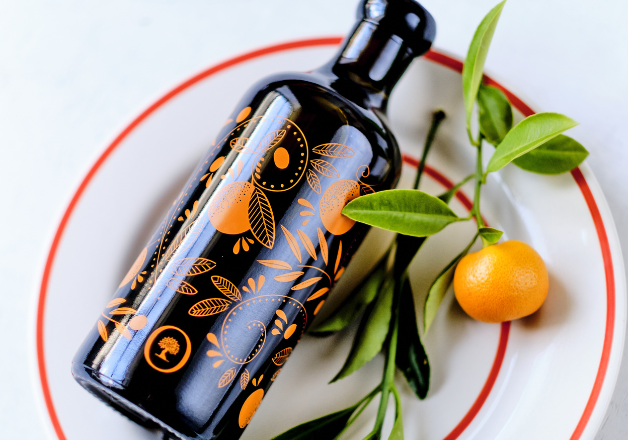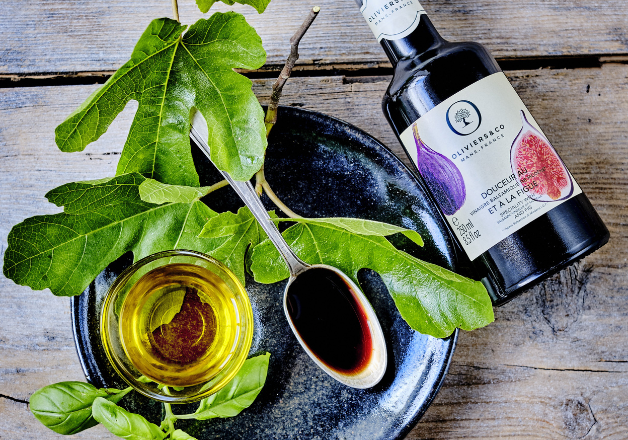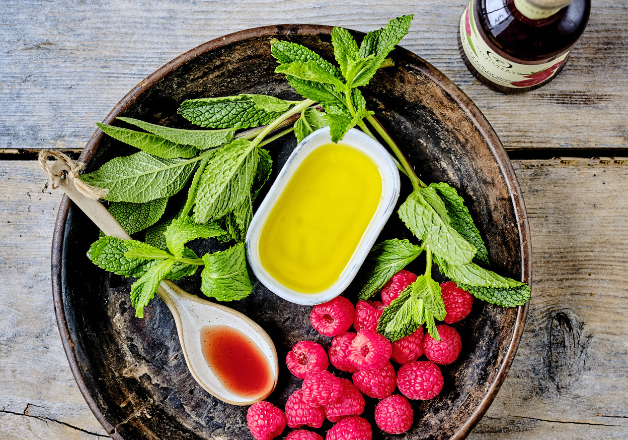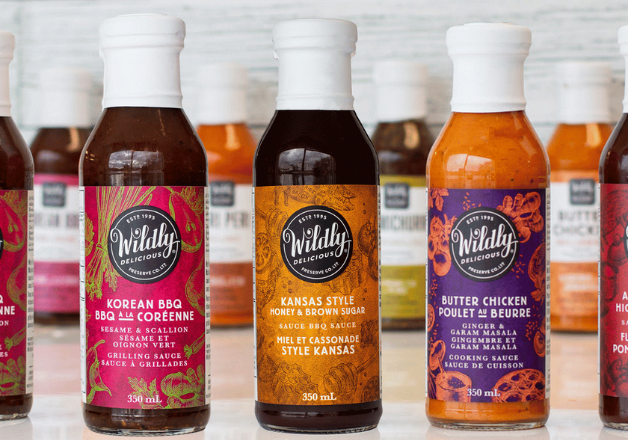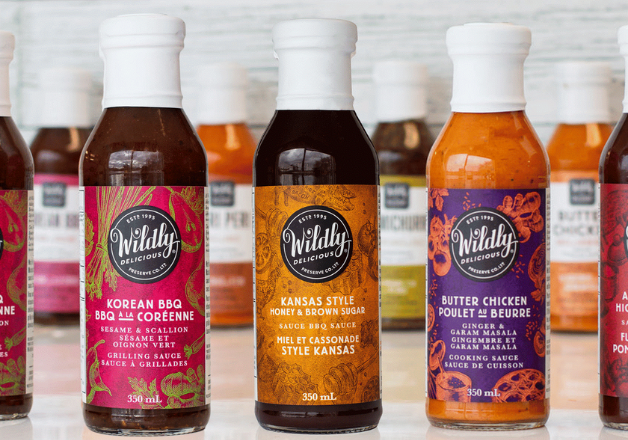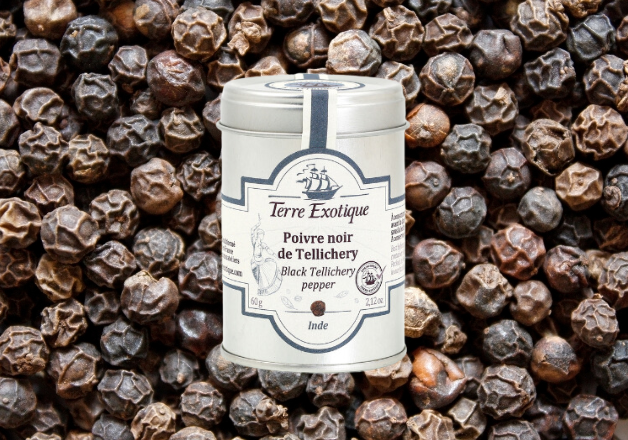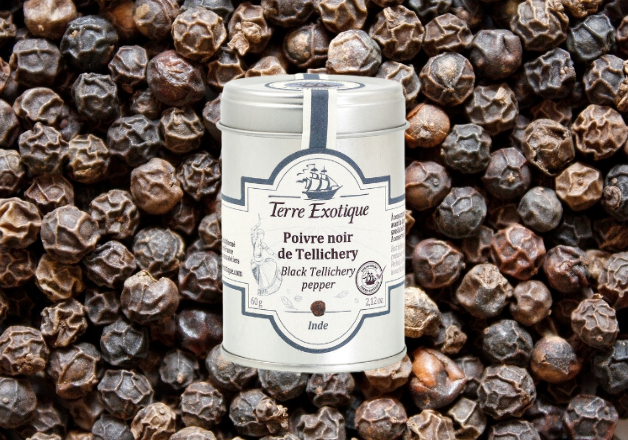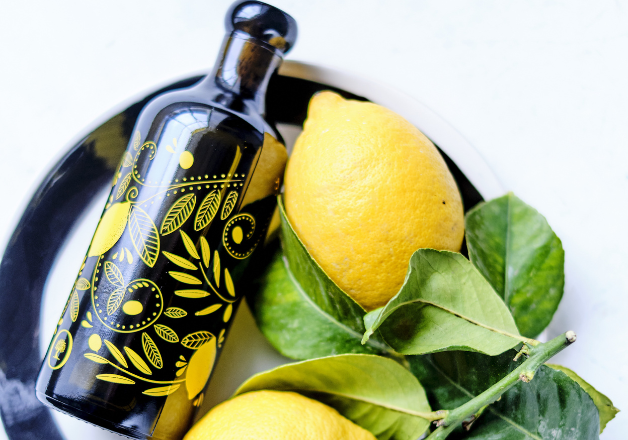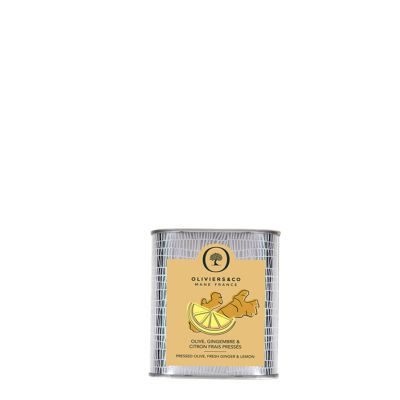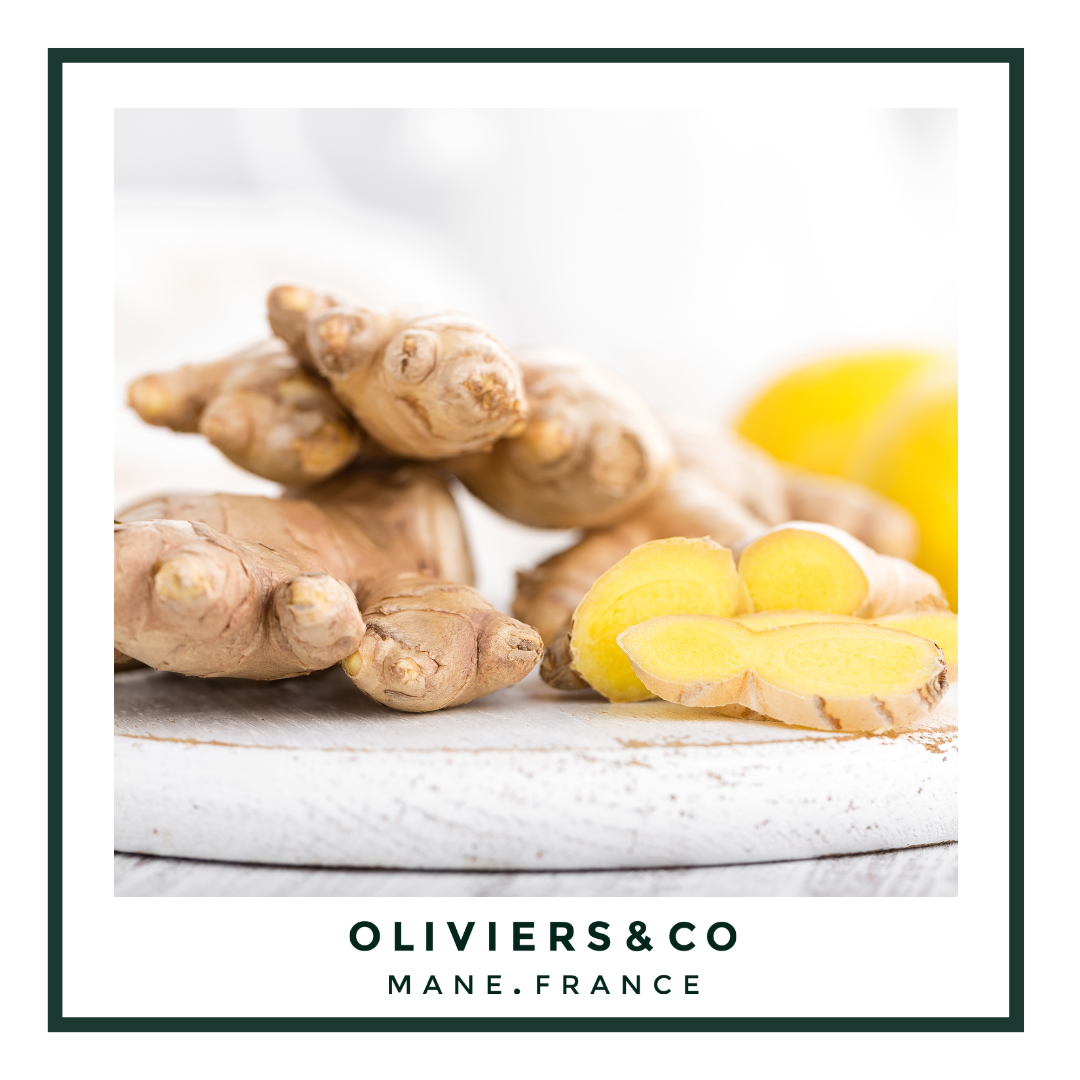

Ginger, a spice with Asian origins, is much more than just a culinary ingredient. Over the centuries, this root has earned a worldwide reputation for its exceptional medicinal properties.
Its history
From the Japanese "wonder of the universe", ginger was imported into the Mediterranean basin by the Phoenicians as early as the 4th century BC.
In ancient Egypt, ginger was used in the mummification process, while it spread to Greek and Roman cuisine.
Already renowned for its aphrodisiac virtues, the root enjoyed unrivalled prestige in the Middle Ages: ginger was expensive, became a currency of exchange and even gave rise to a tax.
Ginger nutrients
Ginger is a source of minerals: manganese, phoshorus, magnesium, calcium, sodium and iron. It is also rich in vitamins: B3, B1 and B2.
It is renowned for its antioxidant properties. It contains arount 40 antioxidant compounds, making it one of the most antioxidant plants, alongside coriander, broccoli and turmeric.
Finally, raw ginger is rich in copper, which is necessary for the formation of hemoglobin and collagen in the body.
Virtues and health benefits of ginger
Anti-inflammatory properties
Ginger is packed with bioactive compounds, notably gingerols, renowned for their anti-inflammatory properties. They act by reducing inflammatory processes in the body, offering relief to those suffering from chronic inflammatory diseases such as arthrisis.
Immune stimulant and antioxidant
Ginger is highly beneficial to the immune system. Its high antioxidant content helps neutralize free radicals, boosting the body's natural defenses. Regular consumption of ginger can reduce the risk of infections, colds and other immune-related illnesses.
Digestive benefits and nausea relief
Ginger is recognized as a natural remedy for digestive problems. It stimulates the production of digestive enzymes, facilitating the breakdown of food and reducing problems such as bloating and gas.
Pregnant women consume ginger to alleviate morning sickness. It is also effective in relieving stomach aches and indigestion.
Weight loss and metabolism
Ginger can be a valuable ally when it comes to weight control. Studies suggest that it increases metabolism by stimulating thermogenesis, helping to burn fat more efficiently. By integrating it into a balanced diet and sports routine, it can support weight-loss efforts in a natural way.
Cardiovascular support
Ginger's benefits extend to the cardiovascular system. It helps regulate blood pressure, reduce cholesterol levels and prevent blood clots. It is therefore a crucial ally in the prevention of cardiovascular disease, helping to maintain a healthy heart.
Virtues and benefits of ginger for beauty
A natural exfoliant
Ginger has cleansing and exfoliating properties. It deeply cleanses the skin, unclogs pores and removes dead skin cells. It is also recommendend for oily skin, as it reduces excess sebum and eliminates acne-causing bacteria.
To enjoy all its benefits, you can prepare a homemade scrub by mixing 2 tbsp of powdered ginger with 1 tbsp of extra virgin olive oil and 1 tbsp of honey.
A powerful anti-wrinkle agent
As ginger is rich in antioxidants, it has many firming and anti-aging properties. What's more, it stimulates blood circulation, nourishing the skin and giving it a firmer, more elastic appearance.
You can use it as a mask, mixing 1 tbsp of powdered ginger with 1 tbsp of honey.
An ally for hair
Ginger is an excellent ally for healthy hair. Some of its properties are highly beneficial in combating hair loss and accelerating hair growth. You can use it as an infusion that you leave on your scalp or apply to your lengths.
How to use ginger
Fresh ginger
When eaten fresh, ginger retains all its nutritional qualities. Ideally, choose a firm, organic root. Then add it to you sweet or savory dishes, chopped or grated.
Powdered ginger
Ginger can also be used in powder form in you recipes. In this form, it retains all its nutritiens and benefits for the body. You can prepare your own powdered ginger by leaving the root to dry in the sun for a day. Then grind it to a powder using a coffee grinder, blender or mortar.
Ginger infusion
This is one of the best ways to consume ginger while enjoying its health benefits. What's more, making an infusion is quick and easy. Simply bring 8.45 fl. oz. of water to the boil and add 1 tbsp of mince ginger. Leave to stand for 5 minutes, then add lemon juice and 1 tsp honey. Use in the morning on waking or at the end of the day before going to bed.
Candied ginger
Candied ginger is a real treat! Both tasty and beneficial, especially against nausea, you can accompany it with a few nuts or incorporate it into your sweet recipes.
Ginger Vinegar
In a marinade on tartare or carpaccio, with aromatic olive oil or even in a sparkling lemon cocktail, ginger combined with white wine vinegar makes a stasty blend with exotic touches.
Shop our Intense Ginger Specialty Vinegar.

